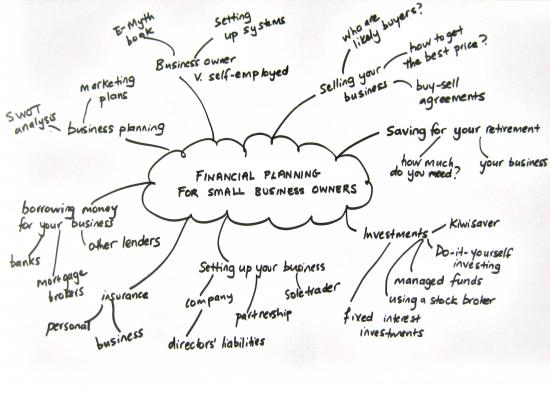Where does the term brainstorming come from? Does it work?
The idea behind brainstorming came in a pioneering sef help/business book 'Your Creative Power' (1948). It was described as
Since this post was first published some of the work of Jonah Lehrer has been discredited. That does not necessarily mean he is wrong in this instance but an alternative view of brainstorming is here
English FAQ Teaching Pack only £1.99
“using the brain to storm a creative problem—and doing so in commando fashion, with each stormer attacking the same objective.”The military terminology does not reflect the more typical mental picture the phrase evokes: that of sitting in a stuffy room with a flip chart and a very slow clock. But brainstorming has become an established part of the cultural furniture.
But isn't the idea sound? Doesn't group brainstorming encourage creativity?
Not according to New Yorker writer Jonah Lehrer:The underlying assumption of brainstorming is that if people are scared of saying the wrong thing, they’ll end up saying nothing at all. The appeal of this idea is obvious: it’s always nice to be saturated in positive feedback. Typically, participants leave a brainstorming session proud of their contribution. The whiteboard has been filled with free associations. Brainstorming seems like an ideal technique, a feel-good way to boost productivity. But there is a problem with brainstorming. It doesn’t work.Read More
Since this post was first published some of the work of Jonah Lehrer has been discredited. That does not necessarily mean he is wrong in this instance but an alternative view of brainstorming is here
English FAQ Teaching Pack only £1.99
